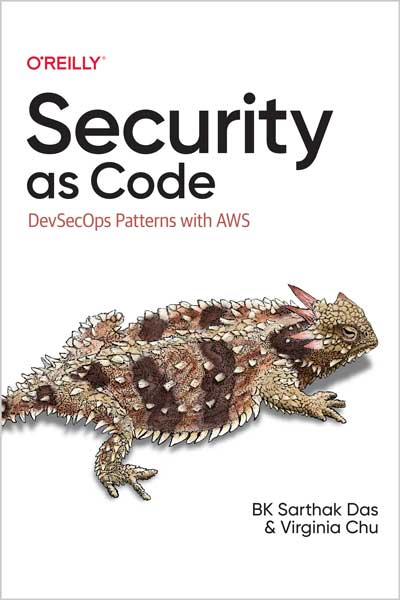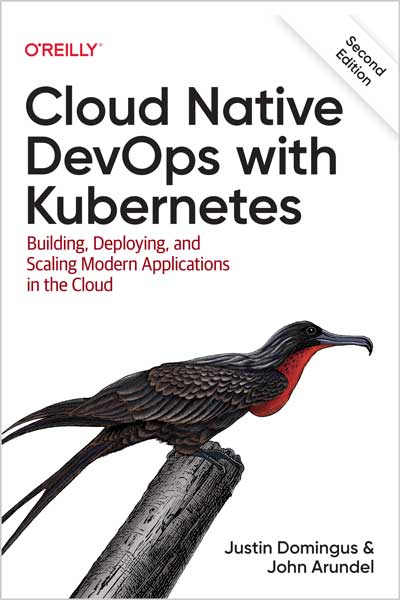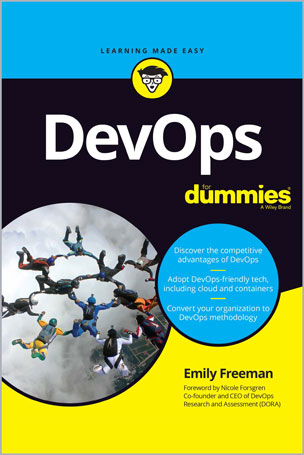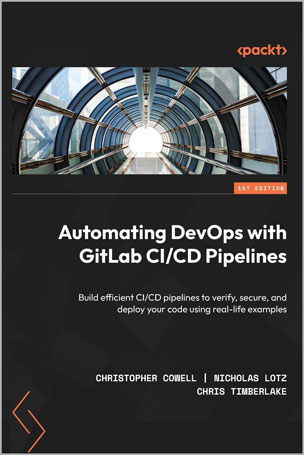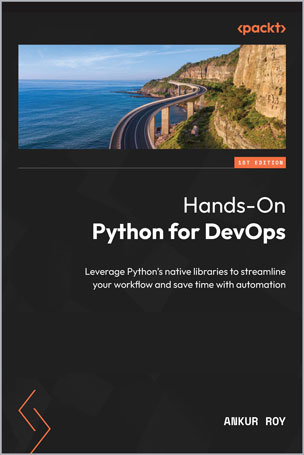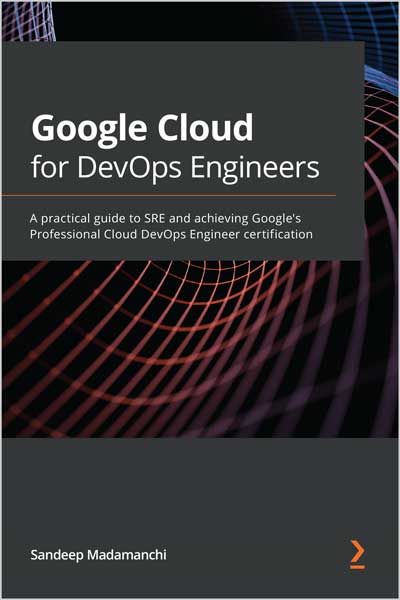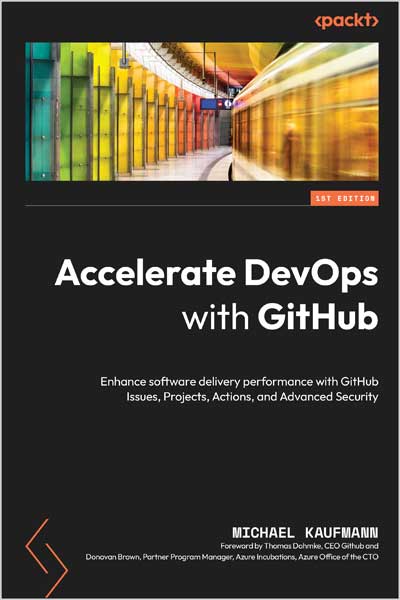Building a Culture of Collaboration, Affinity, and Tooling at Scale
Jennifer Davis and Katherine Daniels

#DevOps
Some companies think that adopting devops means bringing in specialists or a host of new tools. With this practical guide, you’ll learn why devops is a professional and cultural movement that calls for change from inside your organization. Authors Ryn Daniels and Jennifer Davis provide several approaches for improving collaboration within teams, creating affinity among teams, promoting efficient tool usage in your company, and scaling up what works throughout your organization’s inflection points.
Devops stresses iterative efforts to break down information silos, monitor relationships, and repair misunderstandings that arise between and within teams in your organization. By applying the actionable strategies in this book, you can make sustainable changes in your environment regardless of your level within your organization.
- • Explore the foundations of devops and learn the four pillars of effective devops
- • Encourage collaboration to help individuals work together and build durable and long-lasting relationships
- • Create affinity among teams while balancing differing goals or metrics
- • Accelerate cultural direction by selecting tools and workflows that complement your organization
- • Troubleshoot common problems and misunderstandings that can arise throughout the organizational lifecycle
- • Learn from case studies from organizations and individuals to help inform your own devops journey
Who This Book Is For
This book is aimed primarily at managers and individual contributors in leadership roles who see friction within their organizations and are looking for concrete, actionable steps they can take towards implementing or improving a devops culture in their work environment. However, individual contributors of all levels who want practical suggestions for easing some of the pain points they face will find actionable takeaways.
The audience is made up of a mix of professional roles, as devops is a professional and cultural movement that stresses the iterative efforts to break down information silos, monitor relationships and repair when misunderstandings arise between teams in an organization. Many may be leaders within their organizations who have worked closely with developers, or operations engineers.
The book covers a wide range of devops skills and theory, including an introduction to the basic ideas and concepts. It is assumed that you will have heard of the term devops and perhaps have a rudimentary understanding of devops, tools and processes used in the field.
After reading this book you will have a solid understanding of what having a devops culture means practically for your organization, how to encourage effective collaboration to help indivdiual contributors from different backgrounds and teams deal with different goals and working styles to work together productively, how to help teams collaborate to maximize value between them while increasing employee satisfaction and balancing conflicting organizational goals, and how to choose tools and workflows for your organization that complement your organization.
This book is broken down into several parts, starting with an introductory chapter and then covering each of the pillars of devops.
About the Author
Jennifer Davis is a global organizer for devopsdays and a local organizer for devopsdays Silicon Valley, and the founder of Coffeeops. She supports a number of community meetups in the San Francisco area. In her role at Chef, Jennifer develops Chef cookbooks to simplify building and managing infrastructure. She has spoken at a number of industry conferences about devops, tech culture, monitoring, and automation. When she's not working, she enjoys hiking Bay Area trails, learning to make things, and spending quality time with her partner, Brian, and her dog, George.Ryn Daniels is an infrastructure operations engineer working at TravisCI. They have taken their love of automation and operations and turned it into a specialization in monitoring, configuration management, and operational tooling development. Ryn has spoken at numerous industry conferences, including Velocity, devopsdays and Monitorama, about subjects such as infrastructure automation, scaling monitoring solutions, and cultural change in engineering. Ryn wants to help organizations bring modern development practices and human-first culture design to their ops teams to make engineering practice more effective, efficient, and fun. They live in Brooklyn with a perfectly reasonable number of cats and in their spare time can often be found powerlifting, playing cello, or handcrafting knitted server koozies for the data center.
